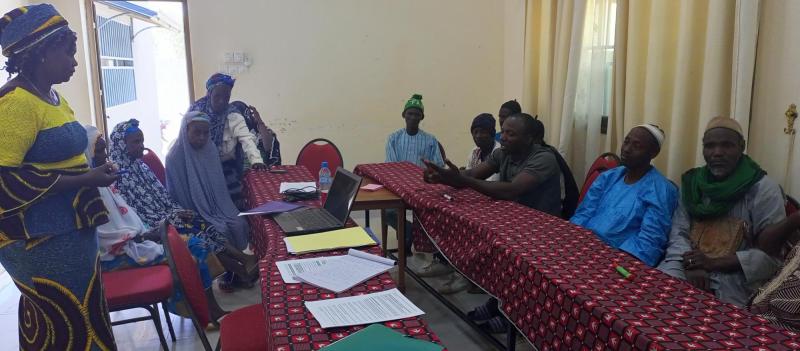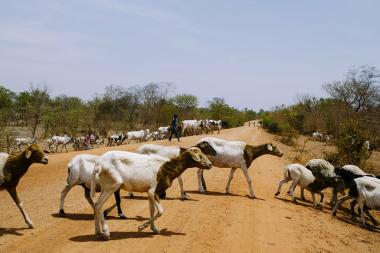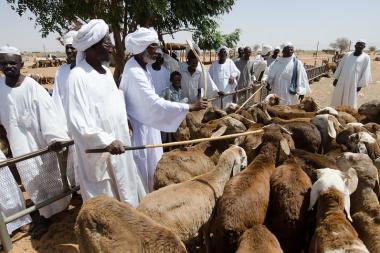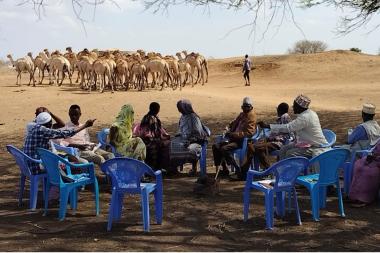Characterising collective tenure security in pastoral systems in Burkina Faso
This report reviews land tenure for pastoralism and its governance in southern Burkina Faso, and outlines steps that can be taken to safeguard pastoralists’ tenure.
Conflicts over grazing and pressures on grazing have increased owing to climate change — including shifting rainfall patterns, shorter rainy seasons and more dry spells. The expansion of cropping, especially cotton, has eaten into pasture and water for pastoralists.
In this technical report, we review land tenure for pastoralism and its governance in Burkina Faso. We focus on pastoralists who migrated in the 1970s and 1980s from the north to the south, pushed by increasingly frequent drought in the north. They now live alongside agro-pastoralists in a zone relatively little populated because in former times it was blighted by river blindness; a plague ended when the vector of that disease, black fly, was eradicated in the 1970s.
Our study reviews background literature on pastoralism and land tenure in the country, using the case of Tigre village, commune of Binde, Zoundweogo Province, Centre-South region, where we interviewed resident pastoralists, the Wakilé Allah.
Our findings show that pastoralists graze land traditionally used for livestock. The land is privately owned, but managed under collective, customary rights. Customary tenure aligns with the national Land and Rural Orientation Plan (LORP), which reserves the land for grazing.
While the customary system for managing grazing is widely accepted, concerns linger regarding its security. A loss of social cohesion, unmarked pastoral spaces, encroachment by agriculture, and inadequate law enforcement threaten tenure security.
Addressing threats to the pastoralists’ tenure requires a balance that safeguards traditional practice, while providing legal protection through land management and registration. Grazing land should be registered in the name of the pastoral group or the commune, a step that will include developing rules for the use of grazing and a local land charter.



